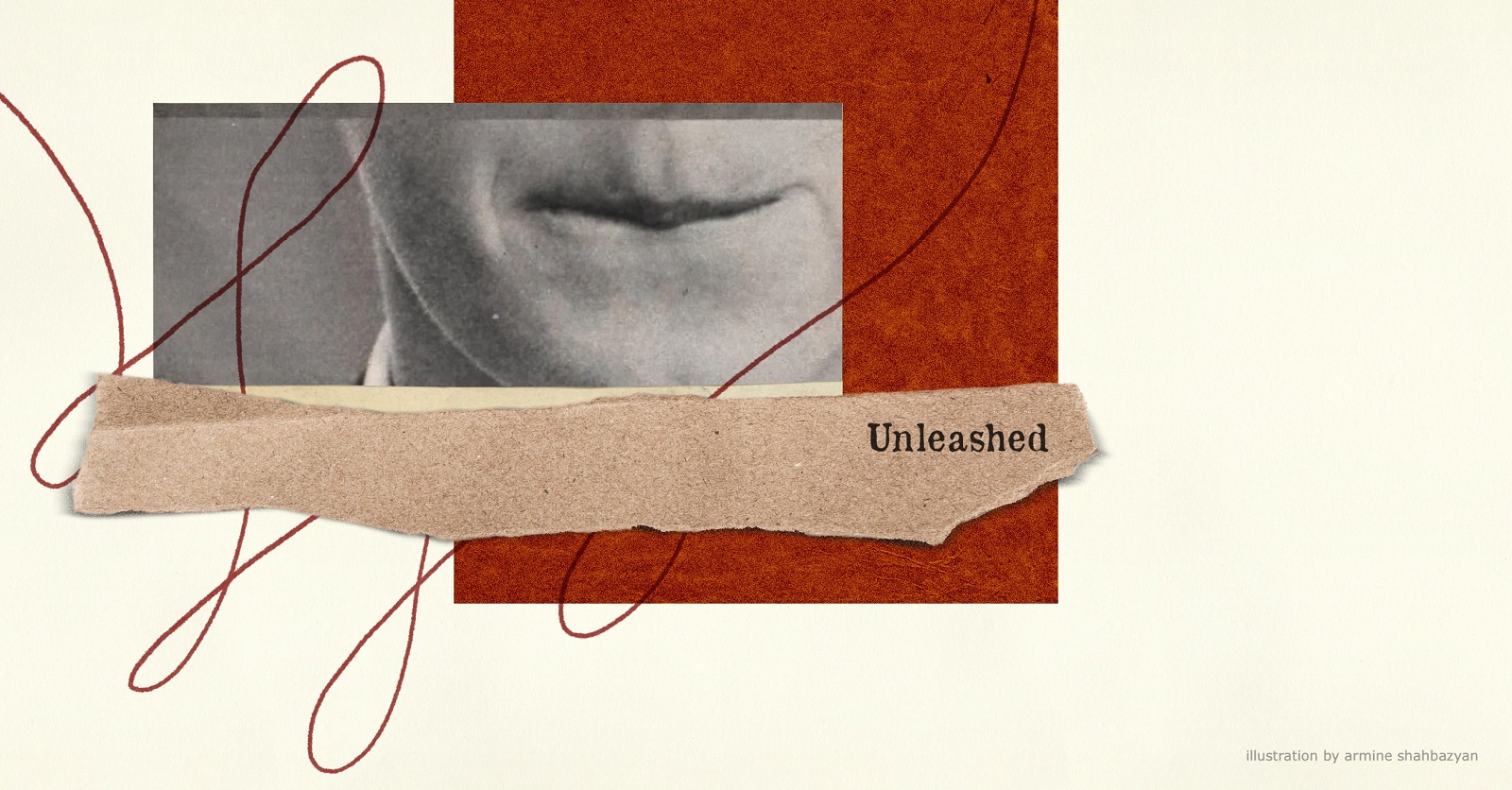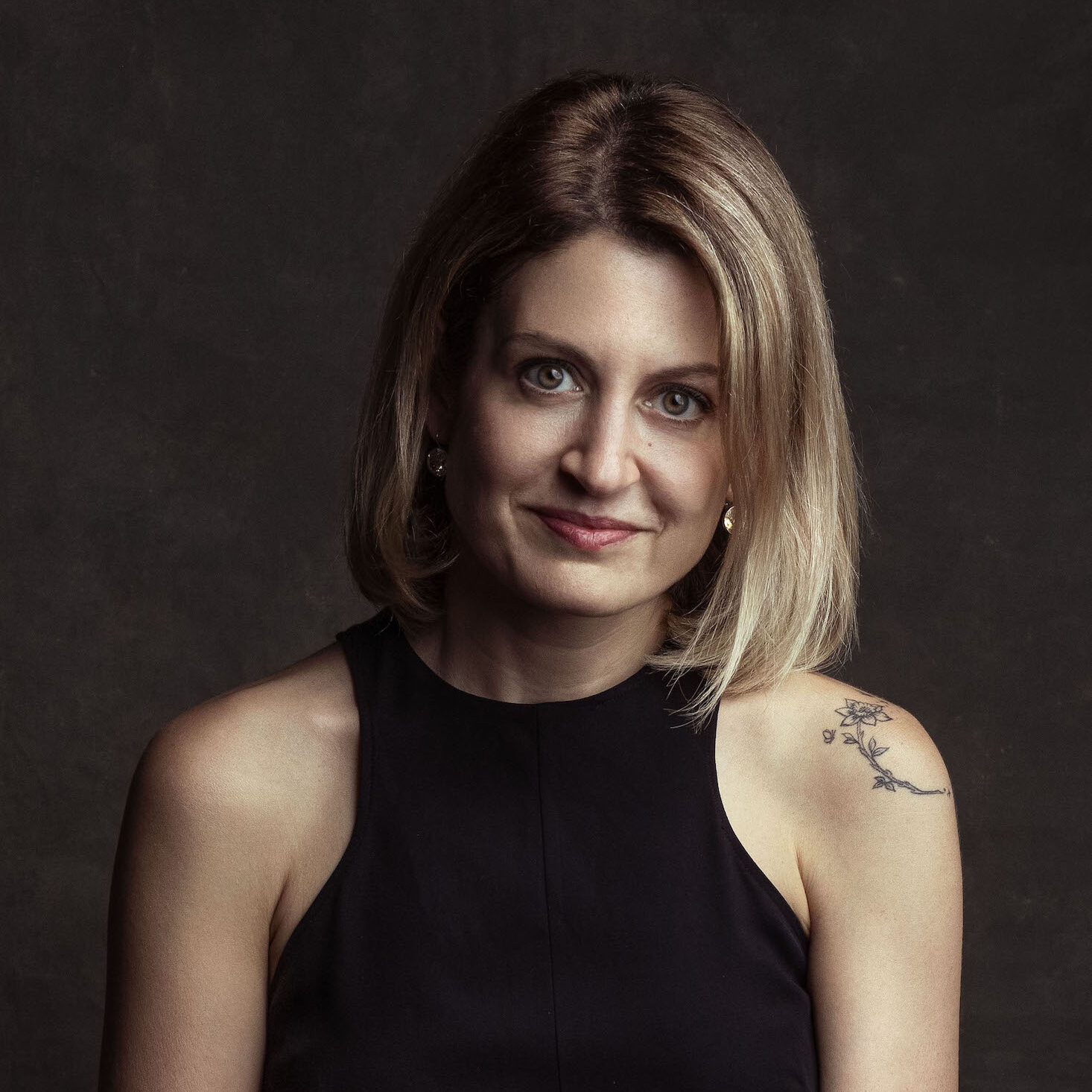

In the uproar of the Gaza-Israel conflict, we see shocking examples of how critical voices are increasingly silenced, even within societies like the United States, which proclaims itself the leader of the free world. In July 2024, UN human rights experts expressed alarm over the United States’ suppression of pro-Palestinian student protests. Across various campuses, peaceful assemblies were disbanded, often violently, leading to hospitalizations, and students faced dire consequences such as arrests, deportations, and academic penalties, all under accusations falsely equating their activism with antisemitism.
Around the world, we witness similar patterns of suppression. In Hong Kong, the national security law has stifled any form of dissent, leading to the arrest of activists and a pervasive atmosphere of fear. In Russia, the government’s crackdown on political opposition and independent media has silenced many who dare to criticize the Kremlin’s actions. Even in countries like India and Turkey, where democracy is celebrated, we see growing attempts to curb the press and civil liberties, often under the guise of national security or combating misinformation.
In Armenia, freedom of speech has seen significant changes and challenges over the years, especially following the Velvet Revolution in 2018, which marked a notable shift towards greater openness and reform. Despite improvements, however, concerns still linger. Publicly insulting Prime Minister Pashinyan runs the risk of getting arrested, which borders on troubling as it threatens to undermine the hard-won gains in freedom of expression and treads uncomfortably close to authoritarian tendencies.
In Azerbaijan, by contrast, the situation is dire. Authorities severely punish those who dare to speak out against human rights abuses, criticize the government, or oppose war. Arbitrary arrests and long-term imprisonments, often labeled as acts of treason, are alarmingly common. Take for instance, the recent arrest of Azerbaijani peace activist Bahruz Samadov in Baku just days ago. His so-called crimes? Expressing anti-war sentiments and supposedly engaging with Armenians, actions his government deems treacherous. Azerbaijan’s paradoxical stance of claiming to seek peace with Armenia while punishing peacemakers sends a terrifying message.
These acts are as tragic as they are absurd. But the chilling effect of such actions is precisely what oppressors aim to achieve: to silence, control, and instill fear, perpetuating a status quo that benefits only the powerful. This global trend toward authoritarianism crushes the voices of the people, masquerading these violations as necessary for security, stability or patriotism. Yet, the sanctity of free speech remains undeniable, as essential as life itself or even freedom from torture.
Without the full freedom to express diverse opinions and engage in open dialogue, we become prisoners of our own minds, hostages to thoughts unspoken and stifled potential and creativity. And the suppression of free thought and speech is not always wielded with overt force or under the shadow of autocracy. Often, it cloaks itself in the subdued hallways of revered institutions and the unwritten rules of societal conduct, where conformity is rewarded and going against the grain is frowned upon.
Reflecting on my 15-year tenure at the United Nations, my voice was institutionally muzzled. In those corridors of power, surrounded by the diplomatic dance of words, I found myself fading into the background. Though the work was certainly rewarding, the experience was nonetheless stifling, one where not just the expression but even the formulation of my genuine political thoughts and opinions felt almost forbidden. However, after leaving the UN, I began to write, to publish, and to put my ideas into the world with a vulnerability I had not permitted myself before. With each article and each speech, I discover more of who I am and what I believe in. This journey of self-discovery through free expression has been one of the most liberating experiences of my life, a treasure I wouldn’t trade for the world.
Which is why I also consistently choose to speak out in defense of those who are unable to speak for themselves. Freeing our minds and our voices is essential if we are to become our truest, most actualized selves. It’s essential for building a world that values peace over conflict, equality over disparity, understanding over ignorance. Championing the powerless, the underdog, those whose voices are marginalized and dismissed, is more than an act of advocacy and a commitment to justice and equity. It reminds us that every voice, no matter how quiet or overlooked, has the power to reshape societies and redefine norms.
So let us speak, not just to express ourselves, but also to echo the voices of those who cannot. Let us be vulnerable in our truths and fearless in our expressions. For in doing so, we defy those who would silence us and dismantle the very foundations of their power. And at the same time, we do more than just free our own minds—we pave the way for a world where everyone else can too.
See all [Unleashed] articles here
Listen to Sheila’s personal reading of “Free Your Mind”.

Sheila Paylan is an international human rights lawyer and former legal advisor to the United Nations. Now based in Yerevan, she regularly consults for a variety of international organizations, NGOs, think tanks, and governments.

